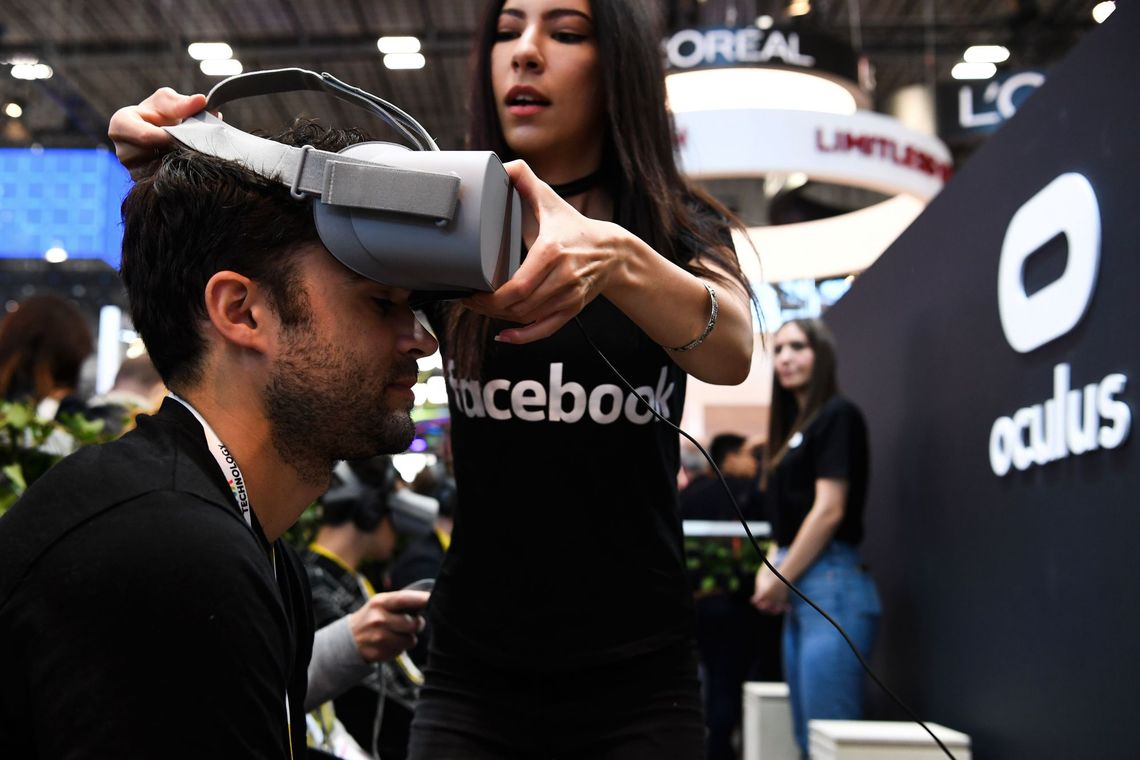Crypto’s Next Frontier: Virtual Reality – And World of Warcraft

As crypto storms into the mainstream, it's approaching a tantalizing new frontier: virtual reality - and a crypto-powered World of Warcraft. | Source: Shutterstock. Image Edited by CCN.com.
Imagine the near future, when virtual reality – along with cryptocurrency – has become a fixture of daily life.
The Other World Built on Ours – And Powered by Crypto
Some people might work in VR , commuting to work from their home-office desk and doing tasks at a virtual workplace. The work will mostly be intellectual, but just consider the possibilities: After work, what can you do?
Imagine a massively multiplayer roleplaying game like Runescape or World of Warcraft suddenly converted to VR. Now add cryptocurrency and blockchain, what do you have? The ability to own that bow or staff in your hand. Likely even the ability to trade it for real money, via blockchain.
The implications aren’t just in economics, either.
VR gaming will give rise to more exercise among gamers if nothing else. People will have to move about to play the games most effectively. That alone will be viewed as an improvement by many.
Beyond that, however, there are the implications of a new world on top of the existing one. Want to travel to China? No need to get on an airplane.
Get on your VR headset and pay a small fee to tour China – perhaps in real-time. Virtual worlds could overlay existing ones with the right camera equipment.
Combat games might take on an entirely new meaning. You could simulate the grisly reality of killing someone with a gun or a sword, and that might shift the way we view video game violence as a culture.
Working, Paying, and Playing in a Blockchain Virtual Reality

The possibilities are endless. Augmented and virtual reality will create a new depth to life on earth. In this other universe, anything is possible.
The ability to own things in virtual space may quickly become more important to people than owning material things.
If this happens, the effect on the environment is hard to understate.
So far, we’ve identified two real ways that VR and AR technology might improve society. Then there is another benefit: genuine demand for blockchain.
Some game platforms like Enjin have already built upon Ethereum, but other platforms exist and are actively trying to attract game development. Even Ripple wants in on the action.
The future is likely to see increasing physical labor done by robots. People will have more leisure time and likely more money – either a universal basic income or a general increase in wages for human work.
Human labor will shift to intellectual pursuits, while leisure time will increasingly be spent in virtual space.
The consequences of games taking place in virtual reality, where you feel what’s taking place, might seem much more significant in the future.
Yes, some aspects of it will be a great deal of fun. People will, for example, be able to own extremely expensive race cars in games. These cars could even be produced and sold by real-life manufacturers.
People could win and lose money betting on races or even playing regular types of games.
Then there is the new world of online casinos, where players can enter and walk around.
All of which leaves out the porn industry’s obvious applications to VR.
Crypto Needs Use Cases, and VR Needs Blockchain
https://www.youtube.com/watch?v=PFqZ7UDpD-U
The whole frontier makes more sense with cryptocurrency technology. People will want to own the assets they spend so much time earning, and blockchain can have other benefits such as personal identification and verification.
The concept can be extended further. The virtual world may be much more extensive and easier to traverse than our real world, built as it will be on the networks of today. Imagine attending an actual boxing match in VR, along with a billion other viewers who otherwise couldn’t have fit in the auditorium?
Even better: imagine paying for the ticket as you get there by touching your digital wallet to the entry point.
Movie premieres, theme parks, games, activities – all of this may become more accessible, even to people without a lot of money. That may, in the end, be the real promise of the technology: opening the world to those who might have no other way to access it fully.